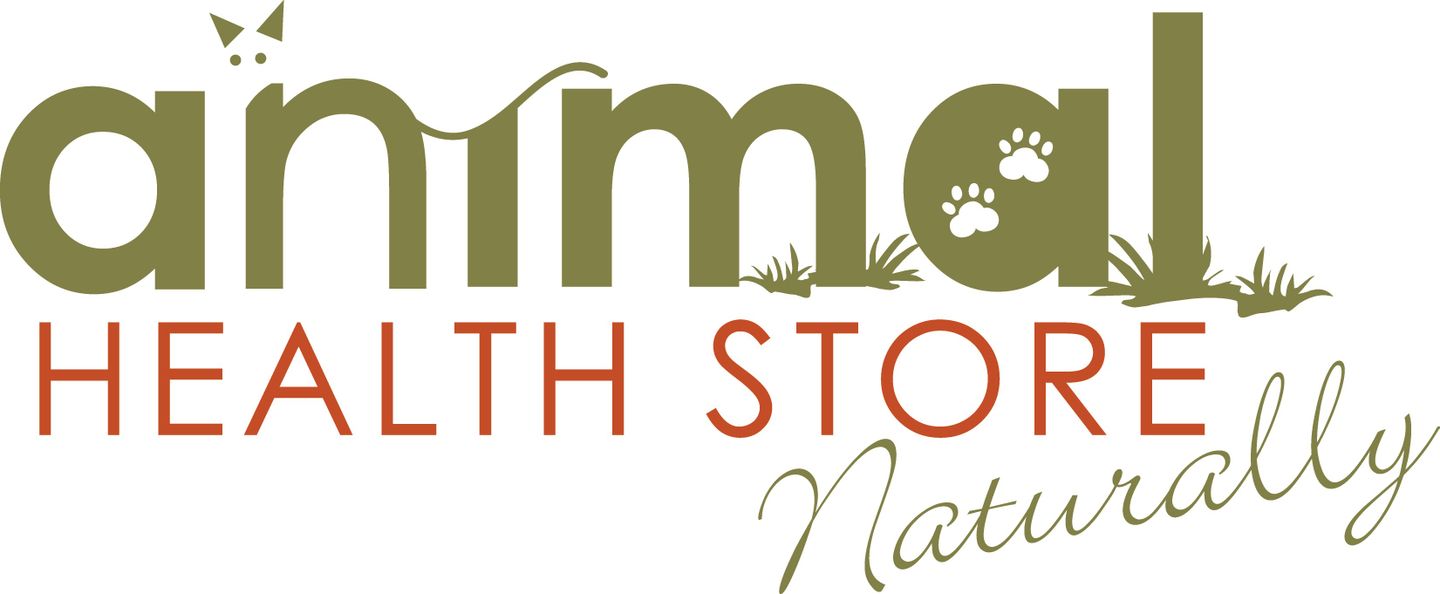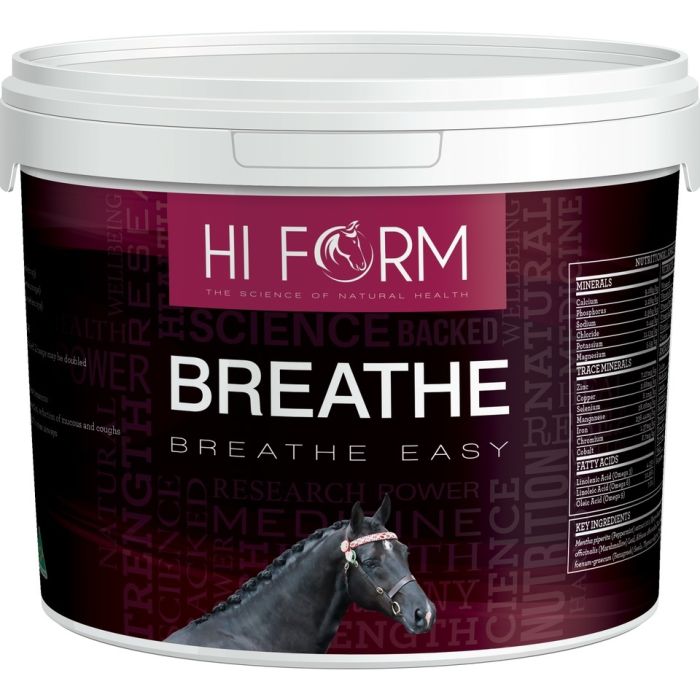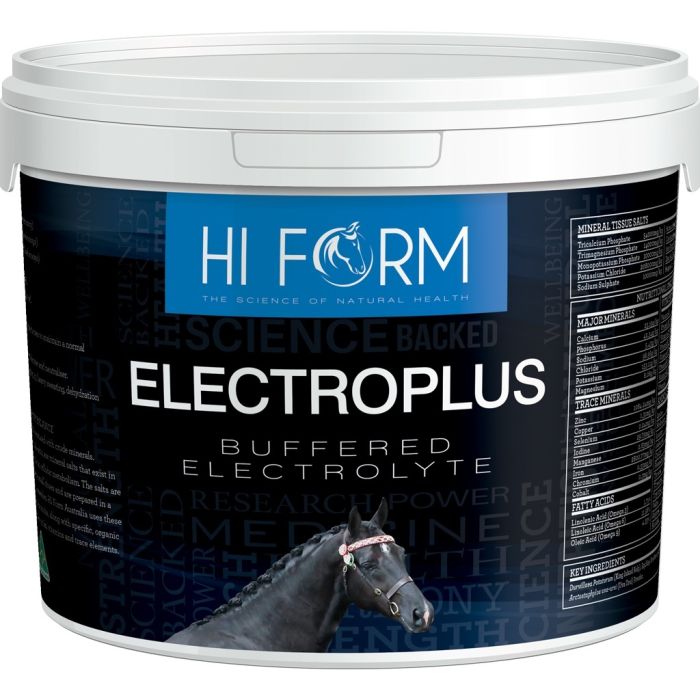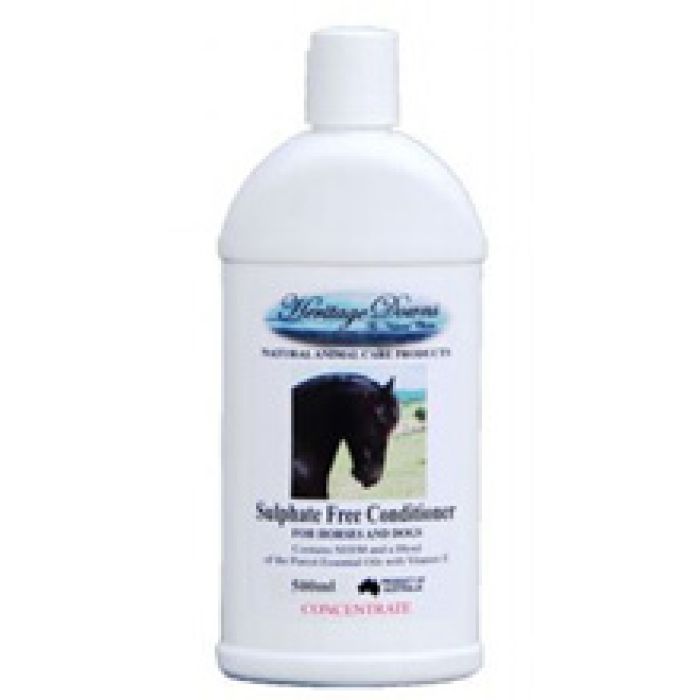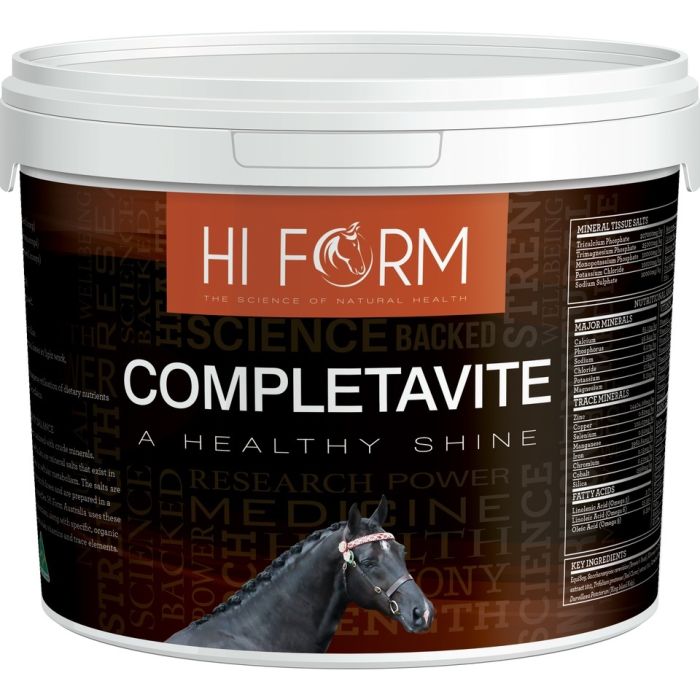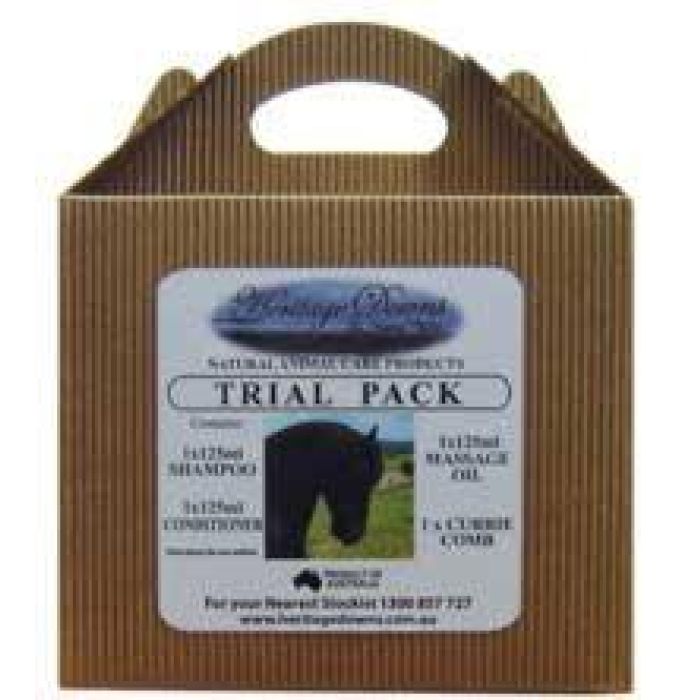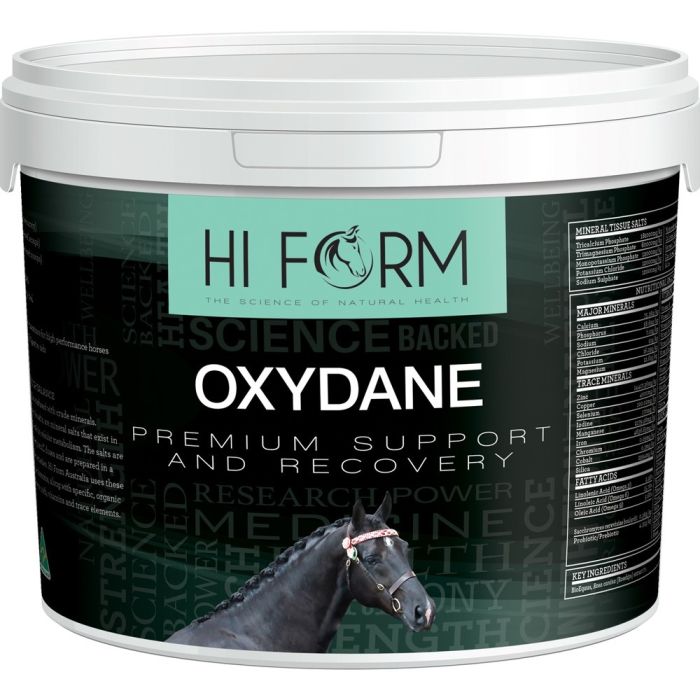Breathe - Hi Form
Starting at $59.95 $68.30
HF-B-G
Hi Form Breathe - Nutritional support for healthy airways
Breathe
Hi Form
500g & 2.5kg
Nutritional support for airways
Application: Breathe was designed to assist horses stabled for long periods of time and those exposed to dust and may be useful for horses during winter months and dry dusty summers. May be useful for horses during winter months and dry dusty summers. Breathe assists with respiratory function, reduction of mucous and coughs. Ideal for viral infections and to clear airways.
This formula assists with the removal of mucus from the lungs and helps to relieve congestion. While a thin coating of mucus is necessary to keep the mucus membranes healthy, too much mucus creates a breeding ground for bacteria and viruses as well as interfering with healthy lung function. Expectorants work on the entire respiratory system and are especially useful for supporting the body in overcoming colds, flu and other viruses.
Some expectorant herbs such as marshmallow, are mucilaginous, they have a slippery, soothing quality that helps to heal irritated bronchial tissues caused by allergies, air pollution and bronchitis.
The Breathe formula may be helpful with horses stabled for long periods of time and also horses working on sand or sawdust arenas who are prone to dust inhalation.
Dose rates:
300kg pony: 7g (1 large level scoop)
500kg horse: 14g (2 large level scoops)
600+kg horse: 21g (3 large level scoops)
Feeding Instructions:
Mix well into slightly damp feed. Dosage may be doubled if required.
Product description:
- Suited to horses in dusty environments
- Assists with respiratory function, reduction of mucous and coughs
- Ideal for viral infections and to clear airways
Star Ingredients:
| Mentha piperita (Peppermint) Extract 10:1 | 24 g/kg |
| Glycyrrhiza glabra (Licorice) powder | 244 g/kg |
| Althaea officinalis (Marshmallow) Leaf | 122 g/kg |
| Althaea officinalis (Marshmallow) Root | 122 g/kg |
| Trigonella foenum-graecum (Fenugreek) Seeds | 244 g/kg |
| Thymus vulgaris (Thyme) | 244 g/kg |
Nutritional Analysis:
| Major Minerals | Quantites |
| Calcium | 9.08g/kg |
| Phosphorous | 2.28g/kg |
| Sodium | 2.96g/kg |
| Chloride | 0.40g/kg |
| Potassum | 11.13g/kg |
| Magnesium | 5.51g/kg |
| Trace Minerals | |
| Zinc | 2.27mg/kg |
| Copper | 2.68mg/kg |
| Selenium | 8.10mg |
| Mamganese | 28.08mg/kg |
| Iron | 236.44mg/kg |
| Chromium | 1.37mg/kg |
| Cobalt | 8.70mg/kg |
| Vitamins | |
| Vitamin B1 (Thiamine) | 8.30mg/kg |
| Vitamin B2 (Riboflavin) | 3.47mg/kg |
| Vitamin B3 (Niacin) | 46.36mg/kg |
| Vitamin C | 699.30mg/kg |
| Choline | 122mg/kg |
Scientific Data related to the ingredients used in the Breathe formula
J Chromatogr A. 2004 Apr 9;1033(1):183-6.
Preparative purification of glycyrrhizin extracted from the root of liquorice using high-speed counter-current chromatography.
Jiang Y, Lu HT, Chen F.
Department of Biology, Hong Kong Baptist University, Kowloon Tong, Hong Kong, China.
Glycyrrhizin is one of the main bioactive components in liquorice (Glycyrrhiza uralensis Fisch) which has recently been found to be highly active in inhibiting replication of the severe acute respiratory syndrome (SARS)-associated virus. The separation and purification of glycyrrhizin from a methanol-water (70:30 (v/v)) extract of liquorice roots was achieved using high-speed counter-current chromatography. The separation was performed at a preparative scale in a one-step separation with a two-phase solvent system composed of ethyl acetate-methanol-water (5:2:5 (v/v)). The lower phase was used as the mobile phase in the head-to-tail elution mode. The present method yielded 42.2 mg glycyrrhizin at 96.8% purity from 130 mg of the crude exact with 95.2% recovery as determined by HPLC analysis.
Forsch Komplementarmed Klass Naturheilkd. 2005 Dec;12(6):328-32. Epub 2005 Dec 22.
Open trial to assess aspects of safety and efficacy of a combined herbal cough syrup with ivy and thyme.
Büechi S, Vögelin R, von Eiff MM, Ramos M, Melzer J.
Phytocon GmbH, Trogen, Switzerland. sb@phytocon.ch
Comment in:
- Forsch Komplementarmed Klass Naturheilkd. 2005 Dec;12(6):312-3.
BACKGROUND AND OBJECTIVES: Changes in the symptoms of cough after treatment with a combined herbal preparation containing dry ivy leaf extract as main active ingredient, decoction of thyme and aniseed, and mucilage of marshmallow root (Weleda Hustenelixier, new formulation) and its tolerability were investigated in an open clinical trial ('Anwendungsbeleg'). PATIENTS AND METHODS: Between January and March 2004, 13 general practitioners recruited and treated 62 patients with a mean age of 50 years (range 16-89). The patients had irritating cough in consequence of common cold (n = 29), bronchitis (n = 20) or respiratory tract diseases with formation of viscous mucus (n = 15). The mean daily intake was 10 ml (range 7.5-15) of syrup, and the mean duration of treatment was 12 days (range 3-23 days). Treatment results were assessed on the basis of changes in the symptom scores for cough and expectoration. Safety was evaluated by means of an analysis of adverse events. In addition, efficacy and tolerability were analyzed from the judgments of the doctors and patients. RESULTS: At the final visit, all symptom scores showed an improvement as compared to baseline. Doctors and patients assessed efficacy as good or very good in 86% and 90% of the cases, respectively. Tolerability was assessed as good or very good by 97% of the doctors and patients. Only one adverse event was reported. However, a relation to the medication was classified to be unlikely. CONCLUSION: Considering the traditional use of ivy leaves, thyme herb, aniseed and marshmallow root in preparations for cough, the reduction in the symptom score as well as the good tolerability the investigated combined herbal cough syrup seems to alleviate cough in consequence of common cold, bronchitis or respiratory tract diseases with formation of mucus.
Phytother Res. 2006 Aug;20(8):619-33.
A review of the bioactivity and potential health benefits of peppermint tea (Mentha piperita L.).
McKay DL, Blumberg JB.
USDA Human Nutrition Research Center on Aging at Tufts University, 711 Washington St., Boston, MA 02111, USA. diane.mckay@tufts.edu
Peppermint (Mentha piperita L.) is one of the most widely consumed single ingredient herbal teas, or tisanes. Peppermint tea, brewed from the plant leaves, and the essential oil of peppermint are used in traditional medicines. Evidence-based research regarding the bioactivity of this herb is reviewed. The phenolic constituents of the leaves include rosmarinic acid and several flavonoids, primarily eriocitrin, luteolin and hesperidin. The main volatile components of the essential oil are menthol and menthone. In vitro, peppermint has significant antimicrobial and antiviral activities, strong antioxidant and antitumor actions, and some antiallergenic potential. Animal model studies demonstrate a relaxation effect on gastrointestinal (GI) tissue, analgesic and anesthetic effects in the central and peripheral nervous system, immunomodulating actions and chemopreventive potential. Human studies on the GI, respiratory tract and analgesic effects of peppermint oil and its constituents have been reported. Several clinical trials examining the effects of peppermint oil on irritable bowel syndrome (IBS) symptoms have been conducted. However, human studies of peppermint leaf are limited and clinical trials of peppermint tea are absent. Adverse reactions to peppermint tea have not been reported, although caution has been urged for peppermint oil therapy in patients with GI reflux, hiatal hernia or kidney stones.
Fenugreek & Thyme is an herbal combination designed to support the respiratory system. Fenugreek & Thyme relieves congestion, reduces inflammation and fights infection. Fenugreek & Thyme contains expectorant properties ideal for treating sinus and lung congestion, and loosens and removes excess mucus and phlegm.
Fenugreek & Thyme is an excellent source of selenium, an antiradiant which helps the body utilize oxygen. Fenugreek & Thyme is also a natural source of iron, silicon, sodium and thiamine.
Fenugreek contains mucilagins which are known for soothing and relaxing inflamed tissues. Fenugreek stimulates the production of mucosal fluids helping remove allergens and toxins from the respiratory tract. Acting as an expectorant, fenugreek alleviates coughing, stimulates perspiration to reduce fevers, and is beneficial for treating allergies, bronchitis and congestion
Thyme has been used for centuries for its aromatic qualities. Thyme contains volatile oils that have antiseptic qualities which are ideal for treating infections of the respiratory system. Thyme also contains antispasmodic properties ideal for relieving chronic coughing, muscle spasms and headaches.
The herbal combination Fenugreek & Thyme is beneficial for treating asthma, respiratory tract infections, sinus congestion and various respiratory problems. Fenugreek & Thyme helps build the immune system, calm agitated nerves and tissues, and aid poor digestion
You may also like
Heritage Downs Sulphate Free Conditioner
Starting at $23.50 $23.95
CompletaVite by Hi-Form
Starting at $43.15 $86.30
Wrangler WMNS Ultimate Riding Jean Performance Waist Willow Buchanan - Sz 17 Only
Oxydane
Starting at $189.95 $214.40
